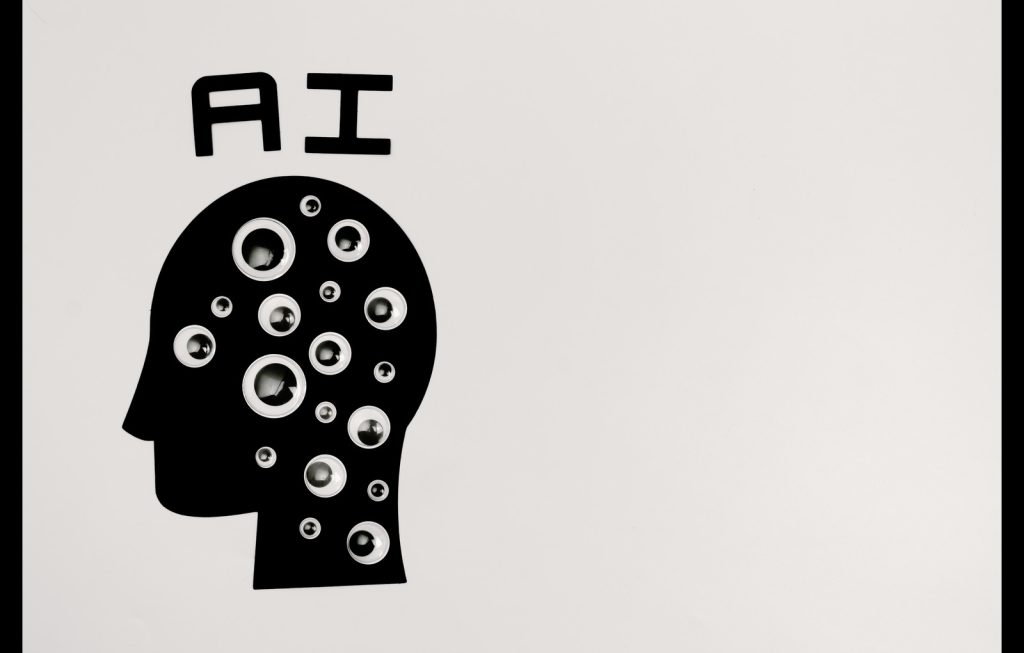Table Of Content

The experience gained as a red teamer can significantly contribute to the adoption and integration of Generative AI (GenAI) in multiple facets, particularly in ensuring its secure, ethical, and effective implementation across various sectors. Red teaming, in cybersecurity, involves adopting an adversarial approach to challenge systems, processes, and security measures by simulating real-world attacks. This proactive and critical thinking methodology can offer valuable insights into GenAI adoption in the following ways:
- Security Assessment: Red teamers’ expertise in identifying and exploiting vulnerabilities can be pivotal in evaluating GenAI systems’ security robustness. They can simulate attacks on GenAI models to uncover potential weaknesses, such as susceptibility to data poisoning, model inversion attacks, or adversarial examples, ensuring these systems are resilient against malicious actors.
- Ethical and Bias Testing: Given their skill in thinking like an attacker, red teamers can apply similar methodologies to test for biases and ethical concerns within GenAI models. They can help in identifying scenarios where the AI might generate biased, unethical, or harmful outputs, ensuring that the models are fair, transparent, and aligned with ethical guidelines.
- Privacy Preservation: Red teaming experience is invaluable in assessing and enhancing privacy measures within GenAI systems. By attempting to extract or infer private information from these systems, red teamers can help in identifying and mitigating privacy risks, contributing to the development of more privacy-preserving AI technologies.
- Compliance and Governance: Red teamers can aid in ensuring that GenAI implementations comply with regulatory and industry-specific security standards. Their insights can guide the establishment of governance frameworks that address security, privacy, and ethical considerations from the ground up.
- Scenario Planning and Risk Management: The adversarial mindset of red teamers can be leveraged for scenario planning and risk management, helping organizations anticipate and prepare for potential challenges in GenAI adoption. This involves identifying potential misuse cases, operational risks, and devising strategies to mitigate these risks proactively.
- Educating and Raising Awareness: Red teamers can play a crucial role in educating and raising awareness about the potential risks and ethical considerations associated with GenAI. Their experience in dealing with complex security challenges enables them to communicate effectively with stakeholders, fostering a culture of security and ethical consciousness.
- Development of Defensive Strategies: Lastly, the insights gained from red teaming exercises can inform the development of defensive strategies and countermeasures to protect GenAI systems. This includes designing robust models, implementing secure coding practices, and deploying appropriate security controls to safeguard against attacks.
In summary, the experience as a red teamer provides a unique perspective and skill set that is highly beneficial for the secure and responsible adoption of Generative AI technologies. By applying their adversarial thinking, expertise in cybersecurity, and ethical considerations, red teamers can help ensure that GenAI systems are secure, fair, and aligned with societal values.



